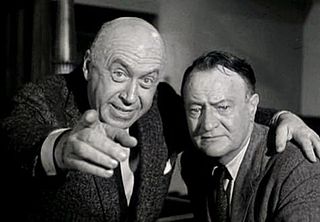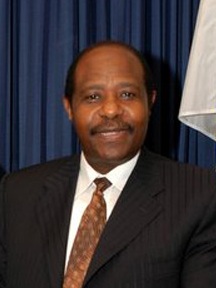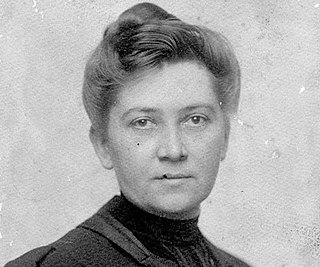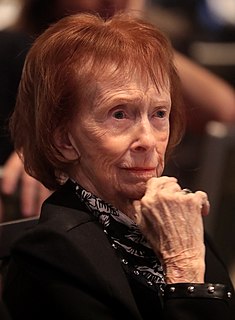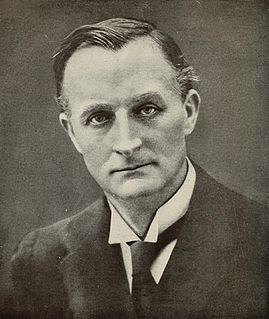A Quote by John D. Voelker
A writer judging his own work is like deceived husband - he is frequently the last person to appreciate the true state of affairs.
Related Quotes
Nothing fans me into such a state of peaceful mental somnambulance as the intellectual antics of a person who displays his learning, not from vanity always, but frequently because it is all he has got; no real sense, no wisdom of his own, merely much good stuff he has learned from other sources. He spreads it like a garment as any other decent person would to hide the thinness of his shanks.
You may give a piece of bread to a hungry person, and when the cravings of hunger return some one else must administer to his wants again; to put that person in a position to earn his own subsistence is true charity; in this way you direct his feet in the path of true independence, he is then only dependent on his own exertions and on the blessings of his God.
The nightmare of censorship has always cast a shadow over my thoughts. Both under the previous state and under the Islamic state, I have said again and again that, when there is an apparatus for censorship that filters all writing, an apparatus comes into being in every writer's mind that says: "Don't write this, they won't allow it to be published." But the true writer must ignore these murmurings. The true writer must write. In the end, it will be published one day, on the condition that the writer writes the truth and does not dissemble.
There is a myth, sometimes widespread, that a person need only do inner work...that a man is entirely responsible for his own problems; and that to cure himself, he need only change himself....The fact is, a person is so formed by his surroundings, that his state of harmony depends entirely on his harmony with his surroundings.
Man tends to think that he is a creator, that he is like God. This is especially true of intellectuals, and in the last century, intellectuals tended to forget that they were like everyone else. Writing this book was a description of man going from a state of God back to a state of man, back to being a normal person.
Civil rights, as we may remember, are reducible to three primary heads; the right of personal security; the right of personal liberty; and the right of private property. In a state of slavery, the two last are wholly abolished, the person of the slave being at the absolute disposal of his master; and property, what he is incapable, in that state, either of acquiring, or holding, in his own use. Hence, it will appear how perfectly irreconcilable a state of slavery is to the principles of a democracy, which form the basis and foundation of our government.
